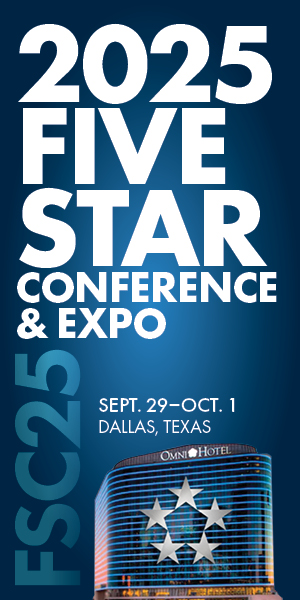The U.S. Department of Veterans Affairs (VA) has issued guidance to encourage mortgage servicers to implement a targeted moratorium on foreclosures for veterans with VA-guaranteed loans through December 31, 2024.
According to the VA, this action will help veterans and their families stay in their homes beyond the end of the current foreclosure moratorium, which ended May 31.
This new, targeted foreclosure moratorium will help ensure that U.S. veterans and their families are able to stay in their homes while mortgage servicers implement the Veterans Affairs Servicing Purchase (VASP) program—a new, last-resort tool for qualified veterans experiencing severe financial hardship. Through VASP, VA will purchase qualified veterans’ modified loans from their loan servicers and then place them in the VA-owned portfolio as direct loans—making the loans more affordable for veterans. The VASP program officially launched May 31, and the nation’s mortgage servicers must have it fully implemented by October 1, 2024.
The VA’s targeted foreclosure moratorium will apply to all VA-guaranteed loans unless:
- The loan is secured by property that is vacant or abandoned
- The servicer has documented that the borrower desires neither to retain homeownership nor avoid foreclosure
- The servicer has not received a monthly payment for at least 210 days, and he borrower is not responding to the servicer’s outreach attempts
- The servicer has evaluated the borrower for all home retention options but has determined that no home retention option, including VASP, or alternative to foreclosure will work for the borrower.
Workouts for the nation’s vets
Earlier this year, the Biden Administration announced a $14 million initiative that seeks to find permanent housing for U.S. vets. Through the U.S. Department of Housing and Urban Development (HUD) and the VA, $14 million in HUD-Veterans Affairs Supportive Housing (HUD-VASH) vouchers were awarded to 66 public housing agencies (PHAs) across the country for more than 1,400 vouchers. The HUD-VASH program provides housing and an array of supportive services to veterans experiencing homelessness by combining rental assistance from HUD with case management and clinical services provided by the VA.
According to the U.S. Interagency Council on Homelessness (USICH), the number of veterans experiencing homelessness has fallen by 11% since early 2020—the most significant decline in more than five years. There are currently more than 110,000 HUD-VASH vouchers being administered by 700-plus public PHAs. Since 2008, HUD has issued new HUD-VASH vouchers every year. Additionally, more than 81,000 of those total vouchers are actively under lease by HUD-VASH veterans, with many additional veterans having been issued vouchers and currently searching for housing to lease.
“When a veteran falls on hard times, we work with them and their loan servicers every step of the way to help prevent foreclosure, including offering repayment plans, loan modifications, and more,” said VA Department Under Secretary for Benefits Josh Jacobs. “We’re calling on mortgage servicers to follow a targeted foreclosure moratorium so we can make sure that veterans get the support they need to stay in their homes.”
When a veteran experiences financial hardship, VA offers a range of options to help them stay in their homes. VA’s home retention options include:
- Forbearance agreements: Temporarily reducing or pausing payments for those facing short-term financial difficulties. Loan payments will still be owed at the end of the special forbearance and will not be automatically put on the end of the loan.
- Repayment plans: Arranging plans to catch up on missed payments gradually.
- Loan modifications: Adjusting loan terms to make monthly payments more manageable.
- VASP: Once a veteran has exhausted all other home retention options, they may qualify for VASP. With VASP, qualified borrowers will have a fixed 2.5% interest rate, which will provide a consistent, affordable payments for the remainder of their loan. Mortgage servicers for VA loans will consider VASP if all other home retention efforts have been exhausted.
“The VASP program is badly needed as veteran borrowers have had no meaningful alternatives to foreclosure for over a year,” said Steve Sharpe, Senior Attorney at the National Consumer Law Center (NCLC). “The VA must extend the foreclosure pause until VASP is implemented so that all eligible borrowers have fair access to the new program. We also urge VA to eliminate any rules that unnecessarily limit access to VASP for borrowers who previously received unaffordable loan modifications.”
VA anticipates that VASP will result in a government subsidy spending reduction of approximately $1.5 billion from 2024 to 2033, making it beneficial for veterans, taxpayers, servicers, and loan holders alike. This is because the savings associated with avoiding foreclosures outweighs the cost of purchasing these homes. VA has existing authority to establish and implement VASP under 38 U.S.C. § 3732 and § 3720.
To date, the VA has helped more than 145,000 veterans and their families avoid foreclosure in 2023 alone.









